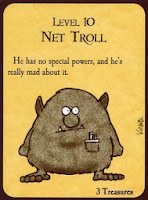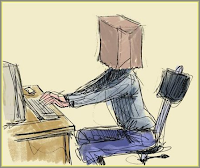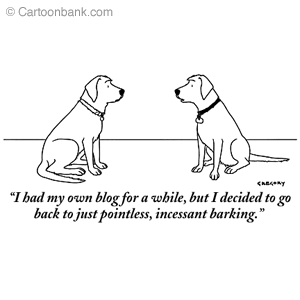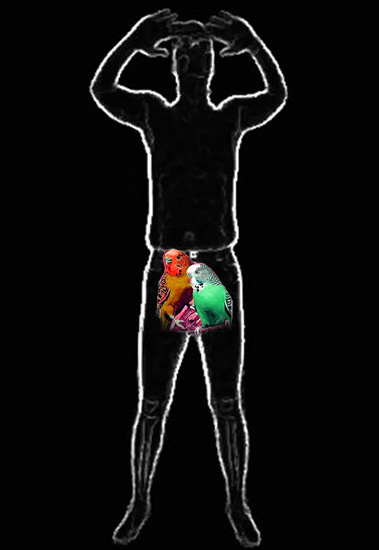- Having my oldest friend assure me (apropos of nothing) that she believes in me.
- Having another friend still be here, when a year ago it seemed that another Easter would be impossible, let alone another Christmas.
- Seeing another medical student mentoree graduate as a doctor with a very bright future.
- Watching former medical students progress in their careers with confidence and aptitude.
- Having 3 new dogs come into my life, even though one lasted only six weeks (RIP dear Wynny - see below).
- Finding out what it's like to take on rescued dogs - a lot to learn on both sides, but immensely rewarding.
- Discovering the joys of training a receptive and very entertaining puppy (daughter of my Mukela RIP - see below).
- Finding the perfect new home for "Lurlene", my treasured 1957 Holden car.
- Receiving heartfelt and treasured support from unexpected quarters during a time of great personal distress.
- Having a UK artist ask to use a photo of my rescued racer Rosie for her portfolio/gallery of oil paintings. And who could blame her - what a picture of serenity:
Debits
- Losing yet another friend (after the two last year), but in this case her death was what she wanted. RIP Julie - forever "DJ" in my thoughts.
- Losing two more dogs (after Thika's death in 2012). My dear old boy Mukela died a month or so after his daughter came to join us, and my first foster greyhound Wynny died just 6 weeks into a normal life after her racing career, as a result of the drugs given to keep her winning. Pictures of those precious six weeks and her unforgivable end can be seen on her site: Drughound Racing. This banner was kindly made by an overseas Greyhound Rescue site:
- Missing out on the chance to teach medical students - one of my most favourite jobs ever.
- Being knocked off my feet for months by a completely unexpected personal attack which destroyed my self-confidence and sense of worth in an activity I had loved for more than 20 years.
- Finding out (like countless other naive people before me) that some people will always prefer rumours to truth, even at the expense of friendship and loyalty.
- Discovering that getting through a truly awful year does not mean there'll be a better one ahead. My hopes for 2014 are therefore very conservative:















































